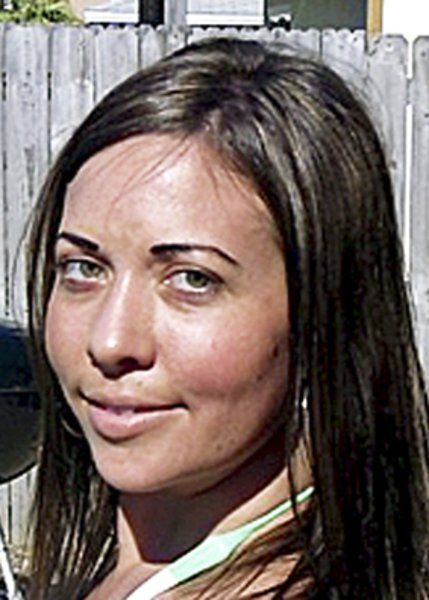BOOKS: Shakespeare: The Invention of the Human: Harold Bloom
Published 10:00 am Saturday, November 16, 2019

- Shakespeare: The Invention of the Human
With Valdosta State University Theatre & Dance halfway through its run of “Othello,” a quick review of Harold Bloom’s brilliant “Shakespeare: The Invention of the Human” seems only fitting.
Also, it’s fitting since Bloom passed away about a month ago at the age of 89.
Bloom was a well-known literary critic, a Yale professor of humanities and an expert on the subject of William Shakespeare and his plays.
Whenever VSU, or one of the other area theatre groups, turn to producing a Shakespeare play, I turn to Bloom’s “Shakespeare: The Invention of the Human” for insight.
In this massive book of 700-plus pages, Bloom reviews, chronicles and dissects each of Shakespeare’s plays — all with the overarching argument that Shakespeare not only wrote masterworks for the stage but rather set the stage for what it means to be human for the past several centuries.
As he opens the book with the first line of the essay “Shakespeare’s Universalism”: “The answer to the question ‘Why Shakespeare?’ must be ‘Who else is there?'”
As he continues to note, Shakespeare had the ability to embody more than one personality, or one self. The singularity of Shakespeare was his ability to be so many different persons.
“No one, before or since Shakespeare, made so many separate selves,” Bloom writes.
Within the pages of “Invention,” Bloom shares his thoughts on Shakespeare’s early comedies, first histories, apprentice tragedies, high comedies, major histories, “problem plays,” great tragedies, tragic epilogues, late romances.
Bloom harnessed all of his considerable and formidable powers to pen this book, which was published in 1998. Readers will find many wonderful insights — expressed in Bloom’s often sardonic style.
Readers familiar with Shakespeare will agree with some of Bloom’s thoughts and disagree with others. For example, Bloom believed Shakespeare should be read while I have always believed since he wrote plays Shakespeare is meant to be heard.
Luckily, for me, I never had to debate the point with Bloom. Because even though I believe Shakespeare is meant to be heard that doesn’t mean Bloom wouldn’t have eviscerated my conviction with his well-researched reasoning.
For anyone who loves Shakespeare, Bloom’s “Shakespeare: The Invention of the Human” is a resource one can turn to again and again for insight, commentary, humor and information.
VSU Theatre & Dance production of Shakespeare’s “Othello” continues 7:30 p.m. Saturday, Nov. 16; 3 p.m. Sunday, Nov. 17; 7:30 p.m. Monday through Tuesday, Nov. 18-19, Sawyer Theatre, VSU Fine Arts Building, corner of Oak and Brookwood. More information: Call (229) 333-5973 or visit www.valdosta.edu/comarts.





